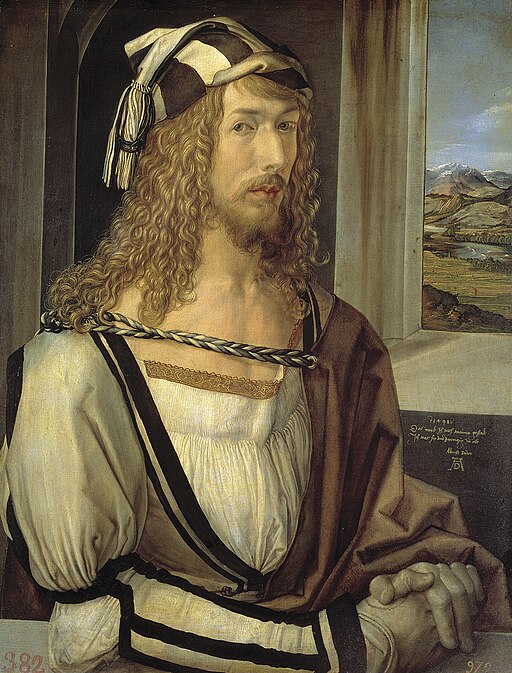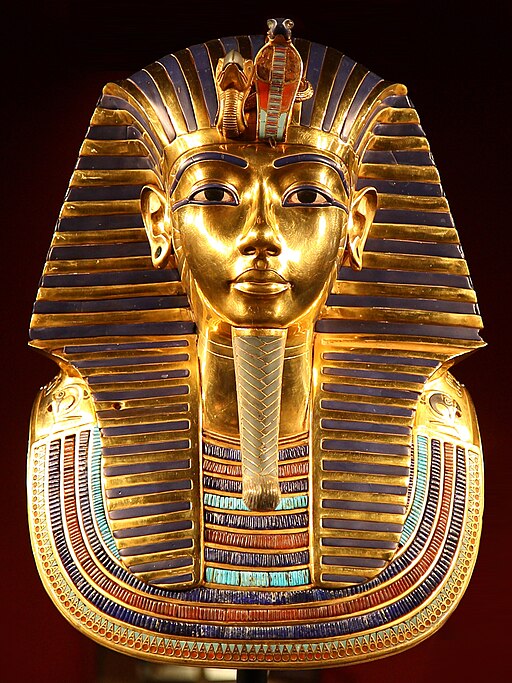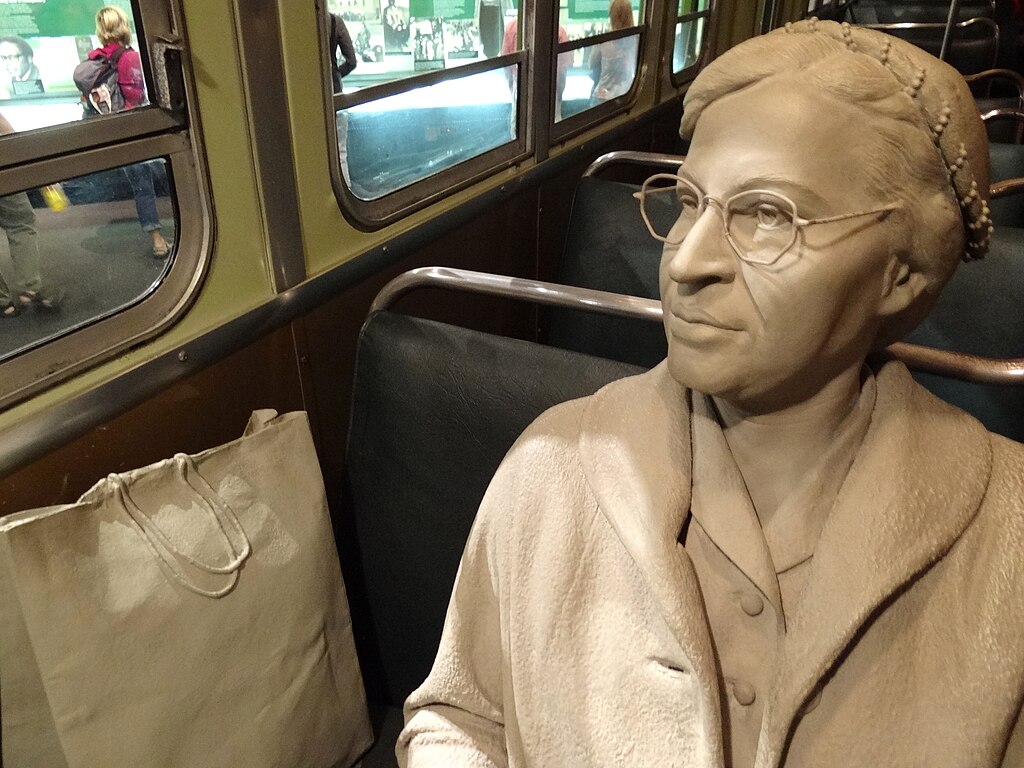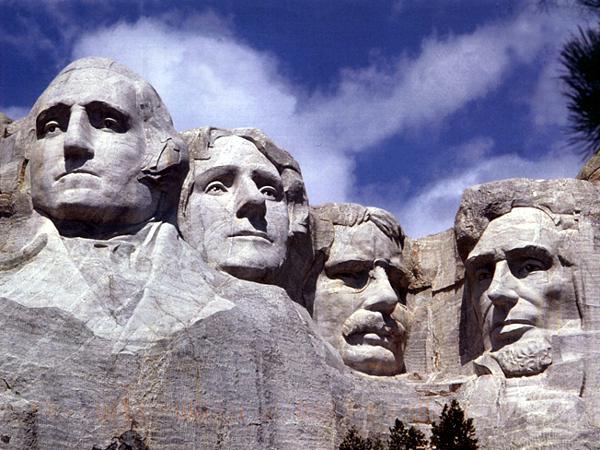
“Self-Portrait at Twenty-Eight” by Albrecht Dürer is a panel painting by the German Renaissance artist, it is the last of his three painted self-portraits.
This painting is the most personal, iconic, and sophisticated of his self-portraits.
Its similarity to many earlier representations of Christ and the conventions of religious art, including its dark tones and how Dürer looks directly at the viewer and the way he raises his hand in an act reminiscent of a religious gesture.
In its directness and apparent confrontation with the viewer, this self-portrait is unlike any that came before.
Dürer’s face is mask-like, hiding the passion within, and the somber black background presents the subject without regard to time or place or any other reference points.
The inscriptions on either side of Dürer are presented floating in space, emphasizing that the portrait has a highly symbolic meaning.
The lightness of touch and tone seen in his earlier two self-portraits has been replaced by a far more introverted and complex representation.
In 1500 a frontal pose was exceptional for a nonreligious portrait. The conventional profile portraits were coming to an end.
They were being replaced with the three-quarter view, which had been the accepted pose since about 1400s, and which Dürer used in his earlier self-portraits.
To viewers in 1500, a frontal pose was associated with images from medieval religious art, and above all images of Christ.
Dürer turned 28 around 1500, at the time of this work. In the medieval view of the stages of life, 28 marked the transition from youth to maturity.
This portrait, therefore, commemorates a turning point in the artist’s life and also in the year 1500, displayed in the left background.
The placing of the year 1500 above his signature initials and monogram, “AD,” gives them an added meaning as an abbreviation of Anno Domini. The terms Anno Domini meaning before Christ were used to number years in the Julian and Gregorian calendars.
The Latin inscription on the right reads:
“I, Albrecht Dürer of Nuremberg, portrayed myself in everlasting colors aged twenty-eight years.”
Albrecht Dürer
Albrecht Dürer (1471 – 1528) was born in Nuremberg, and his vast body of work includes engravings, prints, altarpieces, portraits and watercolors, and academic books.
Dürer established his reputation across Europe when he was still in his twenties due to his high-quality woodcut prints. He cultivated communications with the major Italian artists of his time, and from 1512 he was patronized by emperor Maximilian I.

Dürer’s self-portrait at 26
Dürer’s introduced classical motifs into Northern art, and through his association with Italian artists and German humanists, he became one of the most important figures of the Northern Renaissance.
His authority was supported by his theoretical treatises, which covered mathematics, perspective, and proportions. Both the Lutheran and Episcopal Churches also commemorate Dürer.
Self-Portrait at Twenty-Eight
- Title: Self-Portrait at Twenty-Eight
- Artist: Albrecht Dürer
- Year: 1500
- Medium: Oil on panel
- Dimensions: 67.1 cm × 48.9 cm (26.4 in × 19.3 in)
- Museum: Alte Pinakothek
Albrecht Durer
- Artist: Albrecht Dürer
- Born: 1471 – Nuremberg, Holy Roman Empire
- Died: 1528 (aged 56) – Nuremberg, Holy Roman Empire
- Nationality: German
- Movement: High Renaissance
- Notable works:
- Melencolia I
- Salvator Mundi
- Portrait of Hieronymus Holzschuher
- Portrait of Jakob Muffel
- Melencolia I by Albrecht Dürer
- Self-Portrait at Twenty-Eight
- Self-Portrait with Gloves
Art analysis of Albrecht Dürer’s Self-portrait from 1500
Explore the Alte Pinakothek
- “The Mystical Marriage of Saint Catherine” by Lorenzo Lotto
- “Odysseus and Nausicaa” by Pieter Lastman
- “Self-Portrait at Twenty-Eight” by Albrecht Dürer
Explore Germany’s Museums
Berlin Museums
- The Pergamon Museum
- Neues Museum
- Altes Museum
- Alte Nationalgalerie – National Gallery (Berlin)
- Bode Museum
- Gemäldegalerie, Berlin
- Spy Museum Berlin
- Jewish Museum, Berlin
- Deutsches Historisches Museum – German Historical Museum
- DDR Museum
- German Resistance Memorial Center
Munich Museums
- Alte Pinakothek
- Neue Pinakothek
- Lenbachhaus
- Deutsches Museum
- Kunsthalle Munich
Hamburg Museums
- Kunsthalle Hamburg
- Internationales Maritimes Museum Hamburg
- Miniatur Wunderland
Frankfurt Museums
- Städel Museum
Dresden Museums
- Gemäldegalerie Alte Meister
Nuremberg Museums
- Germanisches Nationalmuseum
German Proverbs and Quotes
- German Proverbs and Quotes
Albrecht Dürer: The Devotional Narrative Image
Albrecht Dürer
~~~
“If a man devotes himself to art,
much evil is avoided that happens otherwise if one is idle.”
– Albrecht Dürer
~~~
Photo Credit: 1) Albrecht Dürer [Public domain]
Popular this Week








 Sponsor your Favorite Page
Sponsor your Favorite Page SEARCH Search for: Search Follow UsJoin – The JOM Membership Program
Sponsor a Masterpiece with YOUR NAME CHOICE for $5
Share this:
- Tweet
